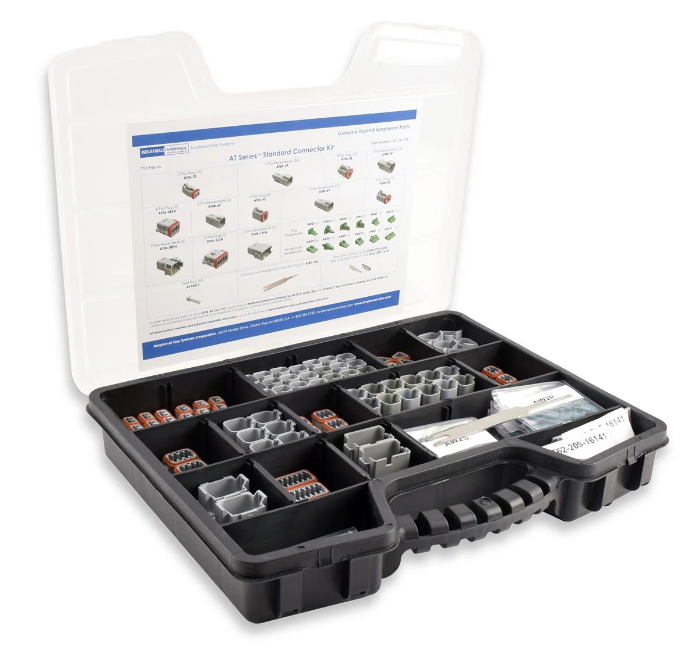Chalmers University of Technology
- Maskingränd 2,
Göteborg
SE-412 96
Sweden - +46 31 772 1000
- http://www.chalmers.se/
- +46 31 772 3872
Chalmers University of Technology Articles
Hydrogen flight looks ready for take-off with new advances
New studies from Chalmers University of Technology, in Sweden, show that almost all air travel within a 750-mile radius (1200 km) could be made with hydrogen-powered aircraft by 2045, and with a novel heat exchanger currently in development, this range could be even further.
Breakthrough may clear major hurdle for quantum computers
The potential of quantum computers is currently hindered by a significant trade-off. Quantum systems capable of performing complex operations tend to be less tolerant to errors and noise, while those more resistant to noise are harder and slower to compute with.
AI-controlled stations can charge electric cars at a personal price
As more people drive electric cars, congestion and queues can occur when many need to charge simultaneously. A new study from Chalmers University of Technology in Sweden shows how AI-controlled charging stations, through smart algorithms, can offer electric vehicle users personalised prices, minimising both price and waiting time for customers.
Major climate benefits with electric aircraft
Researchers at Chalmers University of Technology have performed the world's first life cycle assessment (LCA) of an existing, two-seater, all-electric aircraft, with a direct comparison to an equivalent fossil fuel-powered one.
New recipe for efficient, environmentally friendly battery recycling
Researchers at Chalmers University of Technology, Sweden, are now presenting a new and efficient way to recover metals from EV car battery recycling.
Radar measurements for the energy and process industries
Fluidised beds is a technology used in a variety of industries and plays an important role in the transition to green energy and the production of food and drugs.
Metal shortage could put the brakes on electrification
As more and more electric cars are travelling on the roads of Europe, this is leading to an increase in the use of the critical metals required for components such as electric motors and electronics.
Swedish quantum computer applied to chemistry
There are high expectations that quantum computers may deliver revolutionary new possibilities for simulating chemical processes.
Gentle method allows for eco-friendly recycling of solar cells
By using a new method, precious metals can be efficiently recovered from thin-film solar cells.
Electric roads pave the way for smaller car batteries
If an electric car charges while driving, the size of the battery can be reduced by up to 70%, and the load on the power grid can be spread out over the day.
New wood-based technology removes 80% of dye pollutants in wastewater
Researchers at Chalmers University of Technology, Sweden, have developed a new method that can easily purify contaminated wastewater using a cellulose-based material.
Propeller advance paves way for quiet, efficient electric aviation
Researchers at Chalmers University of Technology, Sweden, have developed a propeller design optimisation method that paves the way for quiet, efficient electric aviation.
3D battery imaging reveals new secrets
Innovative battery researchers have cracked the code to creating real-time 3D images of the promising but temperamental lithium metal battery as it cycles.
Using radar to predict Alzheimer’s disease and falls
Researchers at Chalmers University of Technology in Sweden have developed a method for predicting falls and cognitive illnesses such as Alzheimer’s disease by reading a person’s walking pattern with the aid of a radar sensor.
New Swedish quantum computer to be available to industry
A Swedish quantum computer is to become more widely available. A copy of the quantum computer at Chalmers University of Technology in Sweden will be built using additional funding from the Knut and Alice Wallenberg Foundation. The new computer, accompanied by a quantum helpdesk, will allow Swedish companies and researchers to solve problems using quantum technology.
Sensitive optical sensor can reduce hydrogen’s risks
In the pursuit of clean and renewable energy, hydrogen plays an important role. But a major challenge facing this transition is that the gas is explosive when mixed with air. Sensitive optical sensors can reduce hydrogen's risks.
Quantum technology reaches unprecedented control over captured light
Researchers in quantum technology at Chalmers University of Technology have succeeded in developing a technique to control quantum states of light in a three-dimensional cavity.
Breakthrough for production of battery technology
Micro supercapacitors could revolutionise the way we use batteries by increasing their lifespan and enabling extremely fast charging. Manufacturers of everything from smartphones to electric cars are therefore investing heavily into research and development of these electronic components. Now, researchers at Chalmers University of Technology, Sweden, have developed a method that represents a breakthrough for how such supercapacitors can be produc...
Optical preamplifier receivers for space communications
Communications in space demand the most sensitive receivers possible for maximum reach, while also requiring high bit-rate operations. A novel concept for laser-beam based communications, using an almost noiseless optical preamplifier in the receiver, was recently demonstrated by researchers at Chalmers University of Technology, Sweden.
Innovation improves the diagnosis of dizziness
Half of over-65s suffer from dizziness and problems with balance. But some tests to identify the causes of such problems are painful and can risk hearing damage. Now, researchers from Chalmers have developed a new testing device using bone conduction technology, that offers significant advantages over the current tests. Hearing and balance have something in common. For patients with dizziness, this relationship is used to diagnose issu...









